
Why did you decide to join the Digital Therapeutics Consortium, and what were the key factors that led you to this decision?
We decided to join the DTx Consortium for several reasons, including our desire to be at the forefront of developing access pathways for digital therapies in the pharmaceutical sector, becoming pioneers in their availability. Key factors in our decision included the interest in fostering engagement with essential stakeholders such as the administration, healthcare professionals, and patients to facilitate access to innovations in Spain. We aim to co-create, along with these stakeholders, an effective path toward the adoption of DTx and integrate these therapies as a central element in our internal innovation strategy, promoting a culture of advancement and constant adaptation to new therapeutic solutions.
From the perspective of a promoting partner, what value do you gain by being part of the CDTx, and how has it benefited you so far?
From our perspective, the value of being part of the CDTx lies primarily in the opportunity to better understand our current position and foresee future opportunities. It has also facilitated the creation of synergies with other partner companies, especially regarding engagement with the administration, allowing us to share and discuss strategies to address common sectoral challenges. Additionally, it has provided a space for internal alignment and maintaining strategic focus, contributing significantly to our development and adaptation in a constantly changing market environment.
Regarding digital therapies, what are the main challenges you face as a company?
In our approach to digital therapies, we face several significant challenges. These include the need for a flexible regulatory framework and a clear definition of the scope of Digital Therapies. Additionally, we seek to establish an agile framework for market access and define models of Digital Therapies, whether Standalone, Companion (which optimizes health outcomes when used alongside a medication), or Combination DTx (used exclusively with a medication). Another key challenge is the effective monetization of DTx, which involves developing viable strategies that recognize their value and promote their adoption.
In which therapeutic areas are your digital therapies positioned? What prompted you to choose these areas?
Our DTx are primarily positioned in the Oncology area. This choice is based on the relevance of mental well-being and quality of life for oncology patients, as well as the efficiency they offer in monitoring health status by healthcare professionals, leading to a reduction in disease and treatment costs for the National Health System (SNS). This decision is closely aligned with our company’s overall strategy.
What opportunities and challenges do you foresee in the field of digital therapies for the coming years? How do you see their future in your therapeutic areas?
In the field of DTx for the coming years, we foresee both significant opportunities and challenges. Among the opportunities, we highlight the need to change the mindset and generate a willingness to pay by payers, such as the SNS, which could expand their adoption and funding.
Additionally, easing the regulatory framework applicable to medical products represents an opportunity to facilitate their introduction to the market. However, a key challenge is fostering trust in these therapies, both among healthcare professionals to prescribe them and among patients to use them, which will require efforts to demonstrate their efficacy and safety. In our therapeutic areas, such as Oncology, we see a promising future for digital therapies, especially if they can improve the patient’s quality of life and offer more efficient health status monitoring.
What initiatives are you undertaking to promote the development and adoption of digital therapies?
To promote the development and adoption of these technologies, we are undertaking various initiatives, most notably the creation of Life Hub by Bayer. This platform represents a space for collaboration and innovation where we work closely with startups and other strategic partners to develop and promote disruptive digital solutions in the healthcare field.
What do you consider to be the main barriers to the widespread adoption of digital therapies? What measures are you taking to overcome them?
We identify several significant barriers to the widespread adoption of digital therapies, including the rigidity of the regulatory framework applicable to medical products, as well as the disparate requirements in different European countries’ markets. To overcome these barriers, we are implementing measures such as providing training and support to healthcare professionals on digital topics from university, with dedicated reference personnel in the center, or through the support of street pharmacies. Additionally, we are working on generating clinical evidence to improve the perceived value of digital therapies among professionals and patients. We are also promoting the availability of clinical practice guidelines with digital therapies to facilitate patient management and interpretation by doctors, using increasingly complex data sets such as the «Digital Twin.» Other key aspects include addressing ethical considerations related to data privacy and transparency for patients, ensuring access protocols in hospitals for the introduction of digital therapies, and interoperability with the standardization of hospital IT systems, all aimed at improving the availability and monetization of these innovative therapeutic solutions.
Lastly, we would appreciate it if you could draft a brief inspirational quote that summarizes your vision on the potential of DTx.
«Innovation (DTX as part of it) advances much more rapidly than the capacity to adopt it. Therefore, we need the joint effort of companies, professionals, and the Administration to ensure its adoption and strengthen a healthcare system with high social and economic impact.»
© 2022 Created by Consorcio DTx